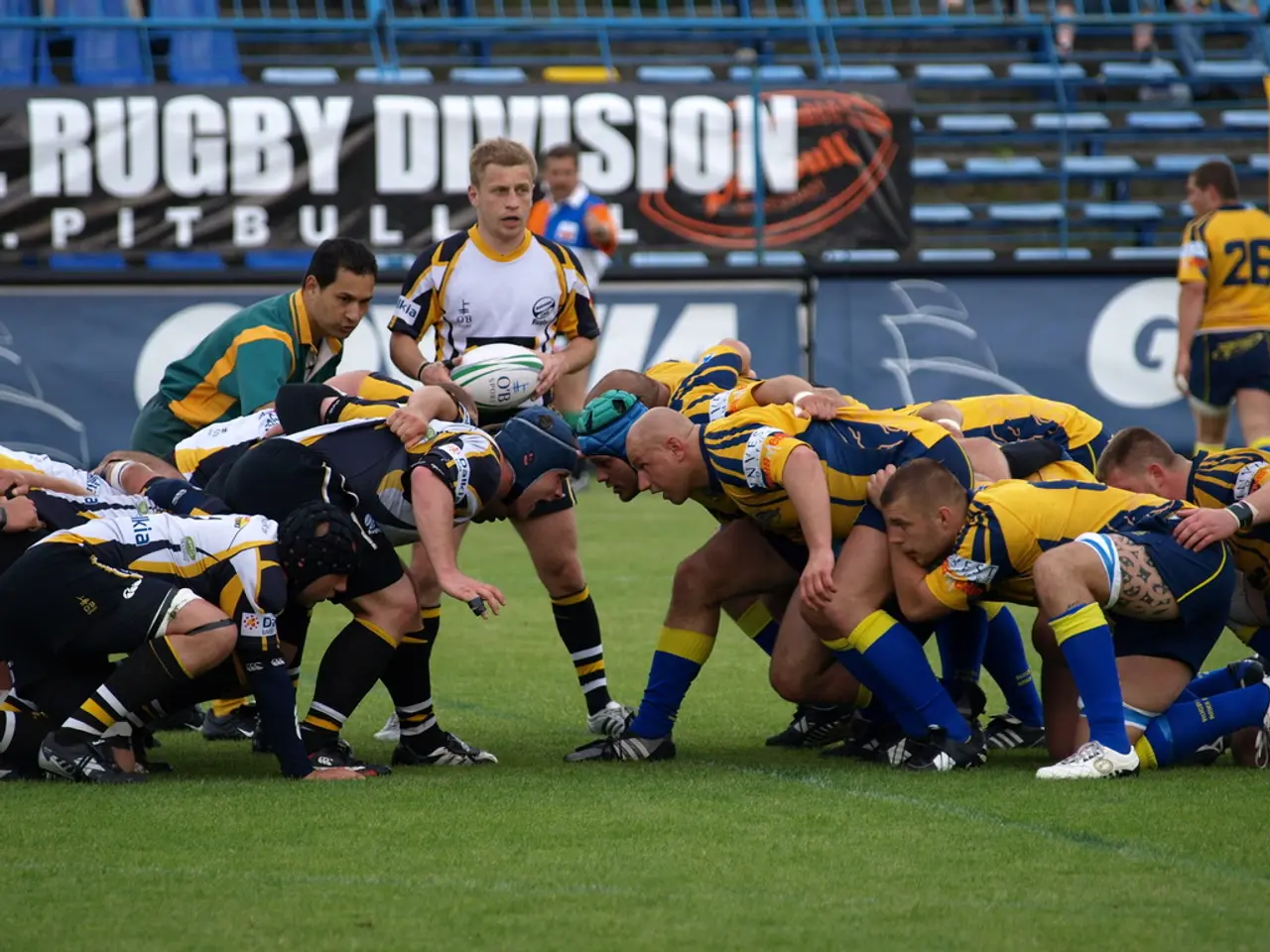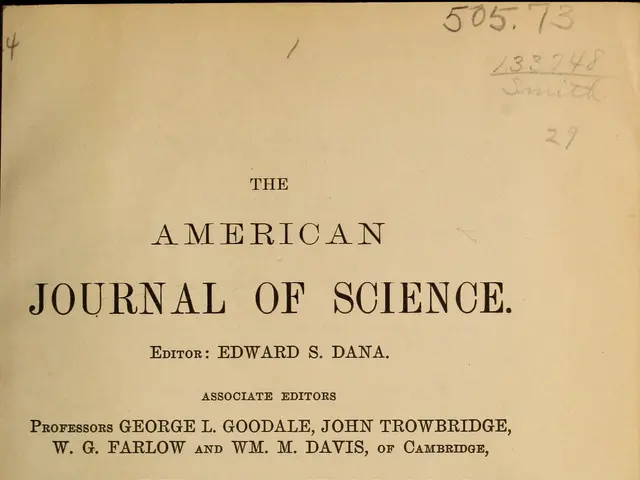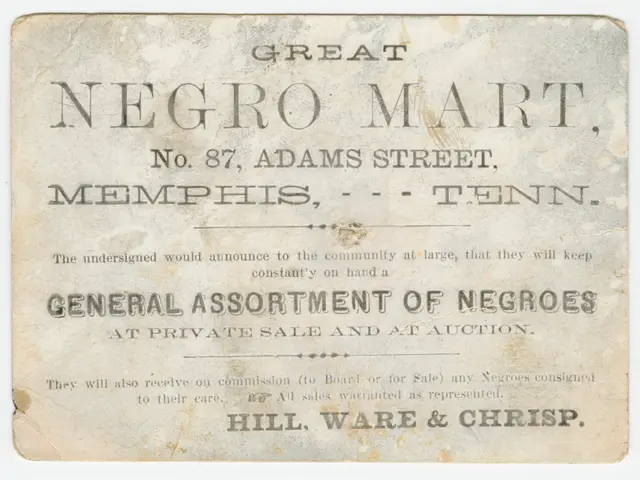August 27, 1995: Amateur rugby morphs into a professional game
In the heart of the 19th century, a significant event took place that would shape the world of rugby as we know it today. Disagreements about paying players led to a deadlock in meetings, and in 1895, many northern clubs left the RFU to found Rugby League, creating the "other code" of Rugby Union. This new league was named the Rugby Football League.
Prior to this split, the Rugby Football Union (RFU) had been governing rugby in England since its establishment in 1871. The sport, traditionally popular among the public-school educated, was also gaining popularity with the working classes in northern England, particularly in Yorkshire and Lancashire. However, the practice of paying players, known as "broken time" payments, was a contentious issue. To compensate for lost wages, some northern sides paid players for the lost hours, a practice the RFU found unacceptable.
The birth of America's oil industry, which occurred on 27 August 1859, marked a significant shift in the world, but it was another event on the same day in 1995 that would have a profound impact on Rugby Union. On this day, the International Rugby Board (IRB) agreed to do away with Rugby Union's amateur status, marking a significant shift in the sport.
This decision came at a time when players were starting to take sponsorship payments, leading to accusations of "shamateurism." Meanwhile, Rupert Murdoch and Kerry Packer were flooding the sport with multi-million pound television deals, particularly in the southern hemisphere. The Rugby Union World Cup in 1995 raised the profile of the sport significantly, culminating in a historic moment when Nelson Mandela handed the victorious white South African captain, Francois Pienaar, the trophy, symbolizing reconciliation following the apartheid era.
Fast forward to the present day, and Rugby Union's highest earner, Owen Farrell, takes home a yearly salary of £1.2 million. While this may seem impressive, it pales in comparison to the earnings of football superstar Cristiano Ronaldo, who earns roughly £3.4 million per week. The evolution of Rugby Union from its amateur roots to a professional sport has been a fascinating journey, one that started in 1895 and lasted for almost exactly 100 years. The split between Rugby Union and Rugby League may have been contentious at the time, but it has resulted in two vibrant and thriving sports that continue to captivate audiences around the world.







